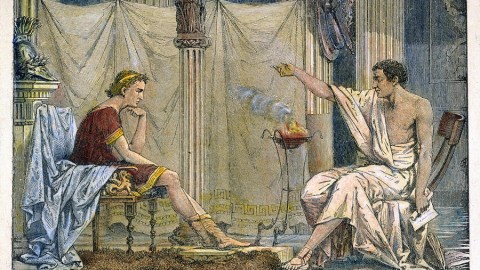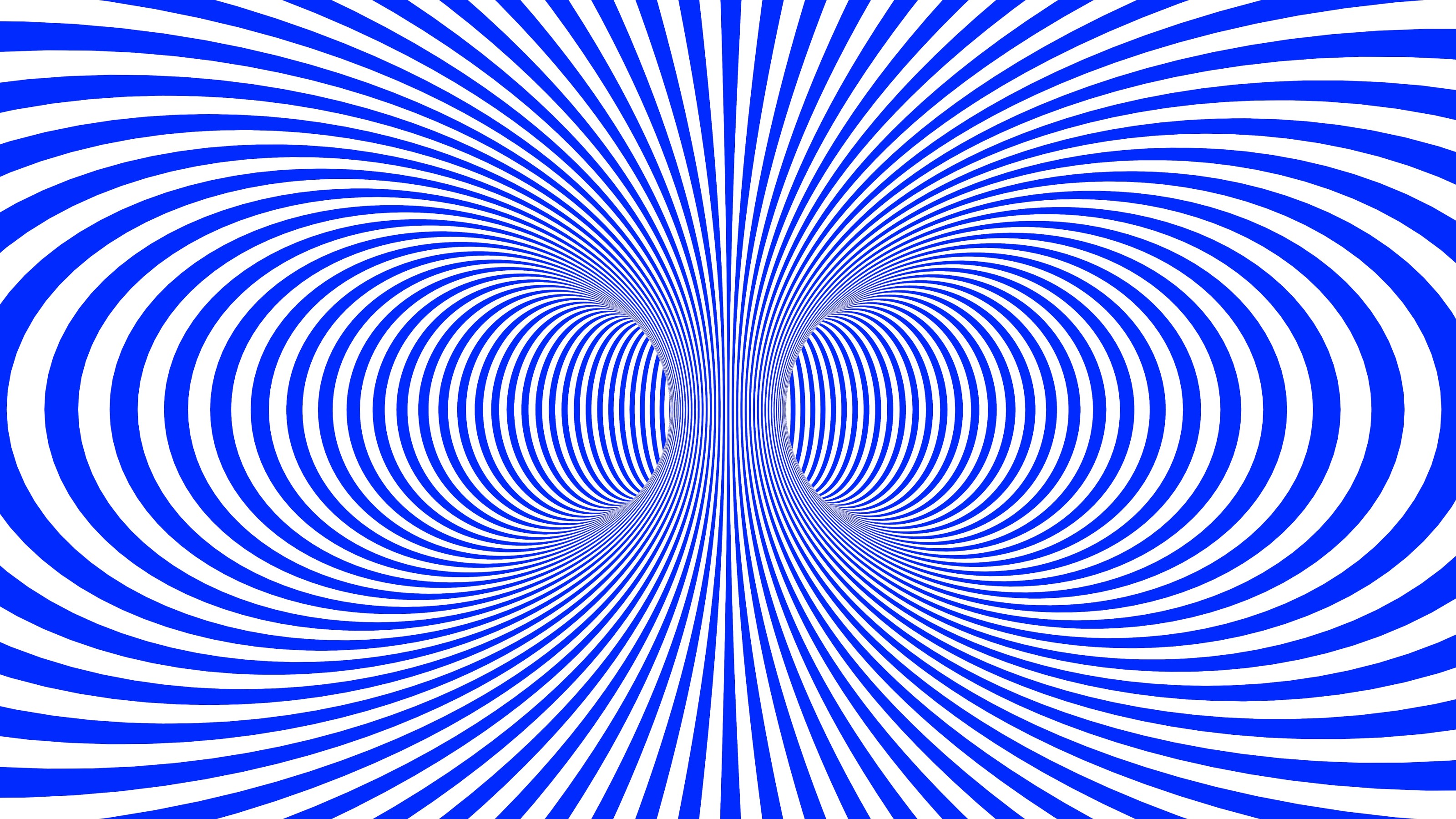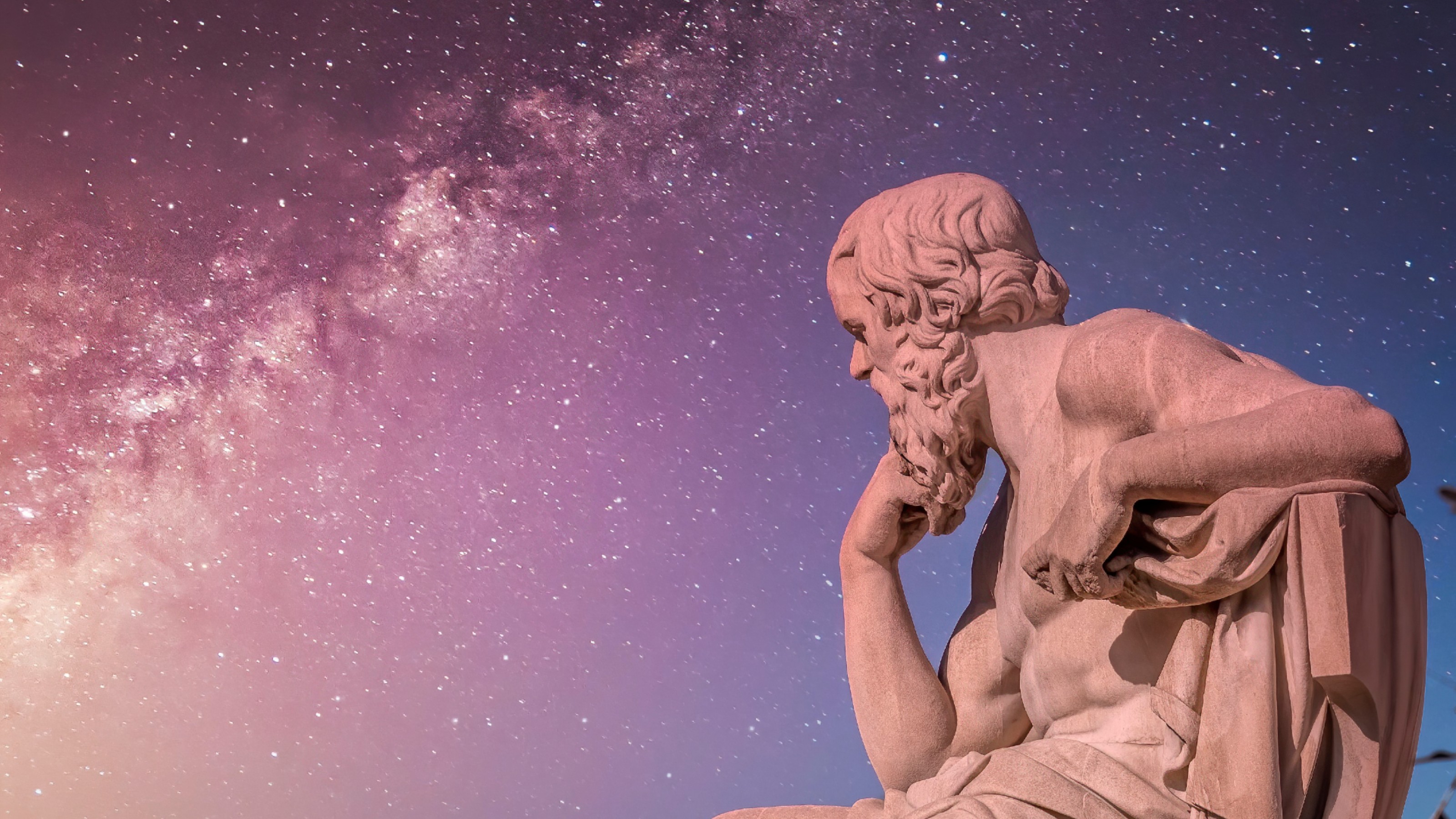Is Logic Absolute? Or Is It Relative to History?

Whenever someone wants to give relativism a knockout blow in an argument, they do one of these two things: they either point out that relativism is self-refuting, or that some things are simply not relative, but absolute. Favorite examples in the latter line of argument include maths and logic.
Some things are immutable, unchangeable, and the same for everyone, this argument goes. Beyond the uncertainties proposed by relativism, we know with certainty that 5+5 will always equal 10, and that something cannot be true and false at the same time – a fundamental principle in logic.
But what if logic itself was not as absolute as we’d like to think? What if logic were relative – at least to history?
Western logic has not always been what it is today – and most likely, it won’t stay the same
In this article, philosophy professor Graham Priest, together with Thomas Macaulay Ferguson – both authors of Oxford University Press Dictionary of Logic – laid out the three main stages that marked the evolution of Western logic throughout history: Ancient Greek logic, Medieval logic, and contemporary logic.
Ancient logic was itself not unitary. Aristotle is known as the father or logic, but his was not the only type of logic available. Aristotle marked the beginning of logic as a systematic discipline in its own right – but his so-called categorical or “term-logic,” centered around the logical relations between terms, was different in many ways from that of the stoic Chrysippus – which centered around propositions.
The second stage, as laid out by Priest and Ferguson, was carved out in the Middle Ages, with thinkers such as John Buridan and William of Ockham enriching Ancient logic. In particular, Buridan and Ockham developed, among other things, the doctrine of suppositio – the ability of a term to ‘stand for’ something, sophismata or insolubilia – also known as alethic paradoxes, such as “Every proposition is false,” and finally, theorems of logical consequences (e.g. “it is impossible for what is false to follow from what is true.”)
As Priest and Ferguson point out, with the advent of Renaissance Humanism, much of the progress acquired in logic during Medieval times was lost – only to be rediscovered in the 20th century.
This is why Immanuel Kant was profoundly mistaken when he wrote in his introduction to his Lectures on Logic that “Logic…has not gained much in content since Aristotle’s times and indeed it cannot, due to its nature… because it contains merely the form of thinking.”
The third and last stage in the evolution of logic was profoundly marked by mathematics and personalities such as Frege, Russell, or Gödel. This came to be known as “classical logic,” despite the fact that it had little in common with Aristotelian or Stoic logic.
Today, we relate to logic in much the same way that Kant did. We seem to be oblivious to its development and the contingencies of its history. In the words of Priest and Ferguson:
“The way that logic is taught is usually ahistorical and somewhat dogmatic. This is what logic is; just learn the rules. It is as if Frege had brought down the tablets from Mount Sinai: the result is God-given, fixed, and unquestionable.”
But logic has developed over a long time, and it is likely to continue developing. Currently, non-classical logic is working to fix some of the things that are wrong with classical logic and the normative status of logic is being disputed. Artificial intelligence has been influenced by logic and, in its turn, A.I. is now changing logic.
So, although we like to think some things have always been the same and will never change – perhaps logic isn’t one of them. The field hasn’t always been what it is today – so why do we expect it to stay the same?





